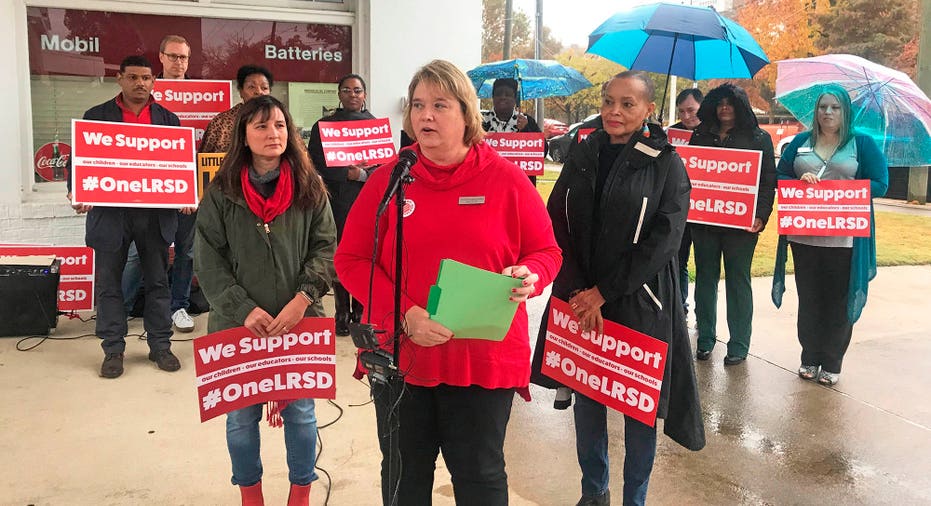The Stink of Segregation Needs to End in Steel Valley Schools
I am a teacher at Steel Valley Schools.
I am also an education blogger.
In order to belong to both worlds, I’ve had to abide by one ironclad rule that I’m about to break:
Never write about my home district.
Oh, I write about issues affecting my district. I write about charter schools, standardized testing, child poverty, etc. But I rarely mention how these things directly impact my school, my classroom, or my students.
I change the names to protect the innocent or gloss over the specifics with ambiguity.
In six years, it’s a maxim I’ve disregarded maybe once before – when writing specifically about how charter schools are gobbling up Steel Valley.


Today I’ll set it aside once more – specifically to talk about the insidious school segregation at work in Steel Valley elementary schools.
But let me be clear about one thing – I do this not because I want to needlessly agitate school board members, administrators or community members.
I do it because the district has specifically asked for input from stakeholders – and for the first time in years, teachers (even those living outside district boundaries) have been included in that designation.
School directors held a town hall meeting in October where 246 people crowded into the high school auditorium to present their views.
Last week there was a meeting with teachers and administrators to discuss the same CONTINUE READING: The Stink of Segregation Needs to End in Steel Valley Schools | gadflyonthewallblog






















